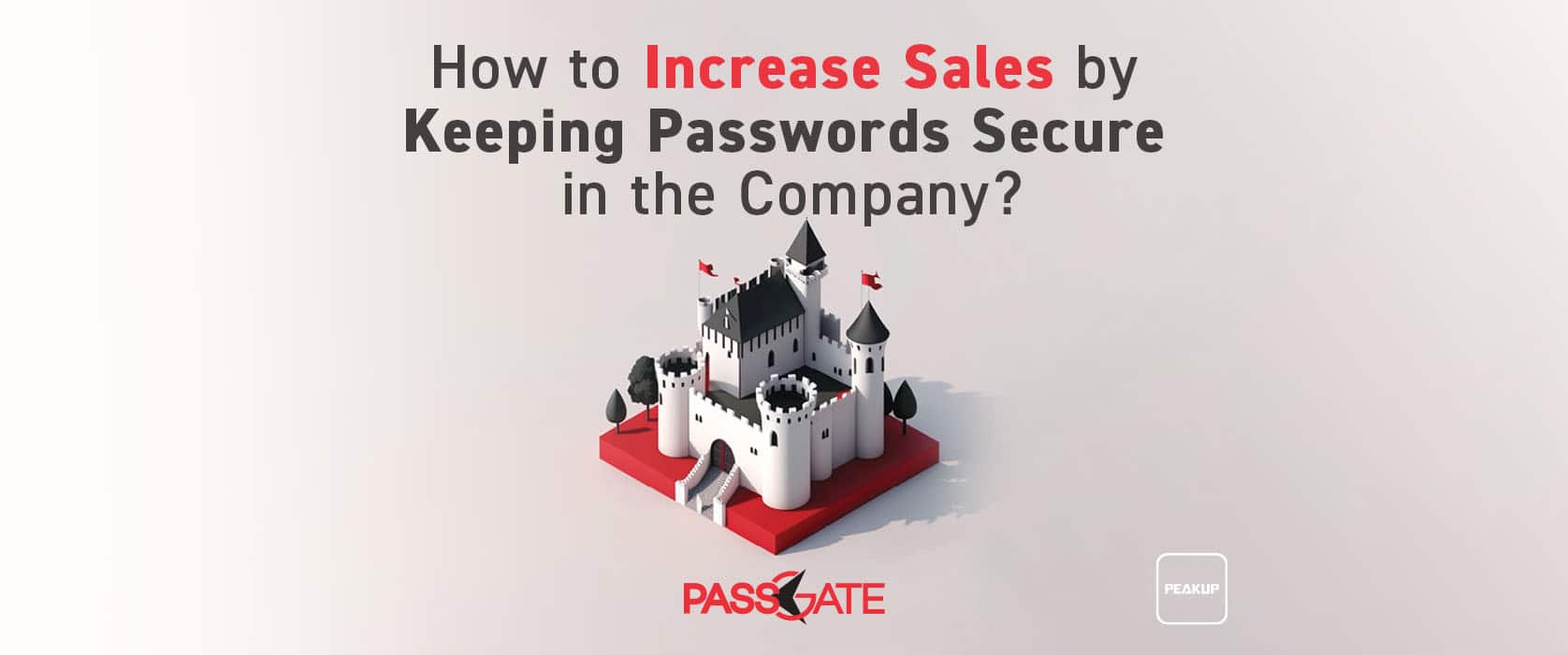Email is an essential mode of communication in today’s digital world. Whether you’re a freelancer, a small business owner, or working in a corporate environment, sending professional emails is critical. However, many people focus on crafting the perfect message, but neglect to pay attention to the vital aspect of their email signature. In this article, we’ll explore why having a professional email signature is crucial, and how it can enhance your brand identity, boost your credibility and simplify communication
First Impressions Matter
Before you even begin to read an email, you’ll look at the sender’s name and email signature. A well-designed email signature gives the recipient an idea of who you are and what your business is all about. It is your virtual business card. A professional email signature is not only visually appealing but also helps establish a positive first impression. It displays your attention to detail and professionalism.
The Importance of a Polished Appearance
A professional email signature can enhance your brand identity and create a polished appearance. It should reflect your brand’s style, values, and tone. A consistent and well-designed email signature helps to build brand recognition and reinforces your brand’s identity across all communication channels.
Imagine receiving an email from a company that you have never heard of before. The email is well-written and informative, but the email signature is sloppy and unprofessional. What would be your first impression of that company? Would you trust them with your business? Probably not. A polished email signature can make all the difference in establishing trust and credibility with your audience.
Conveying Your Brand Identity
Your email signature can be an opportunity to promote your brand and create brand awareness. Including your logo or other visual elements that represent your brand in your signature can convey your brand identity and help to leave a lasting impression. It is also a great way to include additional marketing messaging or a call-to-action that can drive conversions.
Think of your email signature as a mini marketing tool. You can use it to promote your latest product or service, invite people to follow you on social media, or even encourage them to sign up for your newsletter. By including a call-to-action in your email signature, you can increase engagement and drive traffic to your website.
Overall, a well-designed email signature is an essential element of your overall brand strategy. It can help you establish credibility, build brand recognition, and even drive conversions. So, take the time to create a polished and professional email signature that accurately represents your brand and leaves a lasting impression on your audience.
Enhancing Your Credibility
A professional email signature can go a long way in boosting your credibility among your recipients. A polished signature indicates that you pay attention to details and that you are serious about your work. It showcases your professionalism and attention to detail and can help establish trust with your recipients.
But what exactly makes an email signature professional? It’s not just about including your name and contact information. A professional email signature should also be visually appealing and easy to read. This means using a clean and simple design, with a font that is easy to read and a color scheme that is consistent with your branding.
Another important element of a professional email signature is consistency. Make sure that your signature is the same across all your email accounts and that it includes all the necessary information. This will help you maintain a consistent and professional image with your recipients.
Displaying Your Professionalism
By including key elements such as your name, job title, company name, and relevant contact information in your email signature, you can convey your professionalism. This information lets your recipient know who you are, what you do, and how to reach you. It also shows that you are organized and efficient in your communication.
But don’t just stop there. You can also include a brief tagline or mission statement that summarizes your professional goals or values. This can help your recipients understand what you stand for and what sets you apart from others in your field.
Another way to display your professionalism is by including a link to your professional website or social media profiles. This can give your recipients a better understanding of your work and expertise, and can also help you build your online presence and personal brand.
Showcasing Your Expertise
A professional email signature can also showcase your expertise or industry-specific knowledge. Including relevant certifications, awards, or accolades can help your recipients understand your expertise and achievements.
But don’t just list your credentials. You can also include a brief sentence or two that explains what each certification or award means and how it relates to your work. This can help your recipients understand the value of your expertise and why they should trust you as a professional.
Finally, consider including a call-to-action in your email signature. This can be a simple request to connect on LinkedIn or to schedule a call to discuss potential business opportunities. By including a call-to-action, you can encourage your recipients to take the next step in building a professional relationship with you.
Simplifying Communication
An email signature can be more than just an introduction; it can also simplify communication. Including essential contact information such as your phone number, email address, and website can make it easier for your recipient to reach out to you. Additionally, including links to your social media accounts can help your recipients connect with you on other platforms.
When you include your phone number in your email signature, you’re giving your recipients the option to call you directly. This can be especially helpful if they have a question that needs an immediate answer or if they prefer to communicate over the phone rather than through email.
Your email address is also an essential piece of information to include in your email signature. While it may seem redundant since you’re already emailing them, having your email address in your signature can make it easier for your recipient to copy and paste it into their contacts or reply to your email from their inbox.
Providing Essential Contact Information
Adding multiple ways to contact you – such as a phone number and email address – can make it easy for your recipient to get in touch with you. This is essential, especially when you need to close that critical sale or arrange a meeting quickly.
Another piece of contact information you may want to include in your email signature is your physical address. This is particularly important if you have a brick-and-mortar business or if you frequently meet with clients in person. Including your address can make it easier for your clients to find you and can add a level of professionalism to your email communication.
Streamlining Follow-ups and Responses
A professional email signature can also streamline follow-ups and responses. By including your calendar availability or links to scheduling tools, you make it easier for your recipient to schedule a meeting with you. This can save time, reduce back-and-forth emails, and make your communication more efficient.
You can also include links to your company’s website or blog in your email signature. This can be a great way to promote your business and provide your recipients with additional information about your products or services. Additionally, you can include links to your social media accounts, such as LinkedIn or Twitter, to make it easier for your recipients to connect with you on those platforms.
Overall, a well-crafted email signature can make a big difference in how you communicate with your clients and colleagues. By providing essential contact information and streamlining follow-ups, you can make your communication more efficient and effective.
Boosting Marketing Efforts
A professional email signature can be an effective marketing tool. With the right design and messaging, you can encourage your recipients to engage with your business, promote your brand or services, and increase conversions.
Promoting Your Business or Services
A professional email signature is an excellent opportunity to promote your business or services. With the right design and messaging, you can highlight your offerings or share the latest news or webinar information.
Encouraging Social Media Engagement
By including links to your social media accounts in your email signature, you can encourage your recipients to connect with you on other platforms. This can increase your following and promote your brand across multiple channels.
The Bottom Line
A professional email signature is critical for any business or individual who wants to make a good impression, build credibility, and streamline communication. By following the tips in this article, you can create a polished email signature that reflects your brand identity, showcases your professionalism and expertise, and boosts your marketing efforts. Remember, your email signature is not just a conclusion to your message; it’s your virtual business card and can have a significant impact on your business.
In addition to recognizing the importance of a professional email signature, it’s essential to have a reliable solution that simplifies the management of email signatures for your entire organization. That’s where SIGNandGO comes in. With SIGNandGO’s powerful email signature management software, you can effortlessly centralize and update all email signatures, ensuring consistency and professionalism across the board. Say goodbye to manual updates and hello to a streamlined process that saves you time and effort. Start using SIGNandGO today and experience the convenience and efficiency it brings to your email communication. Click here to schedule a personalized demo and take your email signatures to the next level.





